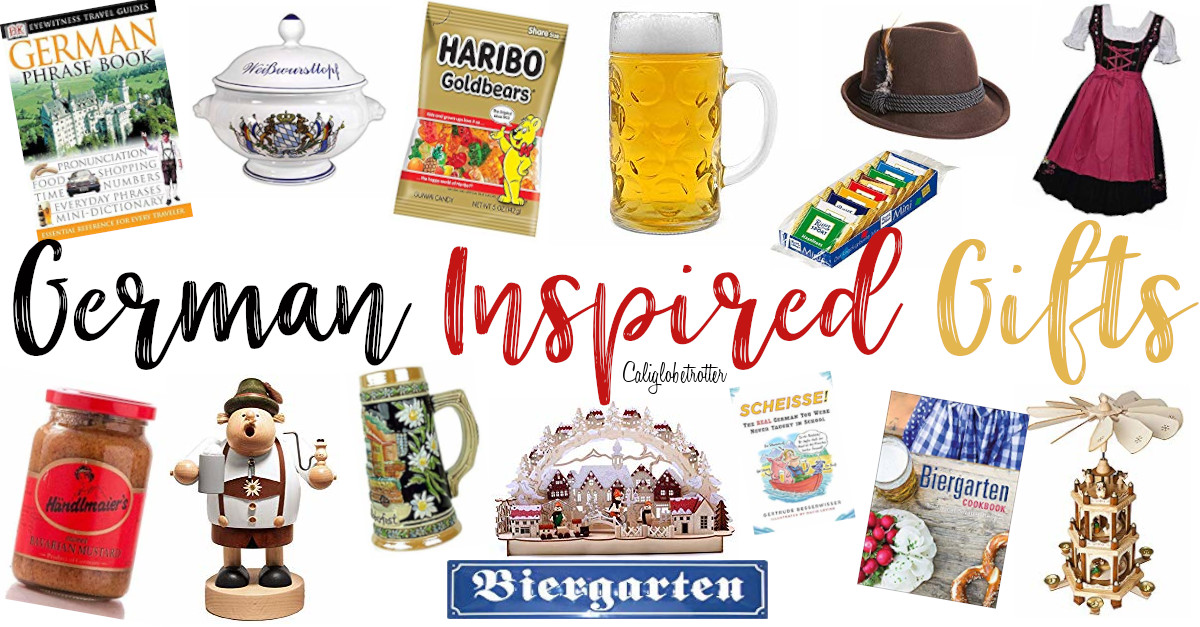Germans have a reputation for being straightforward, practical and appreciative of quality craftsmanship. Keeping these cultural preferences in mind when selecting a gift can help ensure it gets used and valued rather than tucked away in a drawer.

Practicality and quality are key
Germans highly prize useful, expertly-made goods built to last over luxury status items.
Focus on useful, durable items
Look for enduring, practical things they can employ in everyday tasks – kitchen tools, office supplies, storage solutions or organizational systems tend to see regular use.
Well-made is better than luxury
Prioritize artisan craftsmanship and construction over flashiness. A handmade wallet, bag or set of dish towels carries more meaning than designer brands and trends.

Food and drink make good gifts
Edible treats make stellar gifts that satisfy German appreciation of fine food and drink.
Chocolates, sweets, baked goods
You can’t miss with high-quality chocolates, cookies, cakes, candies or other toothsome sweets beautifully packaged.
Beer, wine, spirits
Germans enjoy alcoholic beverages immensely. Consider a nice bottle of German white wine, an imported pilsner or craft beer, or a top-shelf bottle of brandy or whiskey.

Experiential gifts valued
Abstract yet engaging gifts like events, classes or trips appeal to German open-mindedness and cultural sophistication.
Event tickets, classes
Tickets to concerts, festivals, museums or theatre events tap into rich German artistic heritage. Cooking, language, craft, or art classes also tend to delight.
Travel vouchers
Gift certificates towards train tickets, hotel stays or restaurant meals make exciting gifts that facilitate immersive experiences.
Germans appreciate directness
German communication tends to be blunt, precise and transparent without hyperbole or effusive etiquette. Gifts should follow suit.
Be clear and transparent
Opt for unambiguous gifts that directly express meaning instead of expecting them to read between the lines or infer deeper symbolism that’s not obvious.
Don’t embellish or exaggerate
Resist excessive packaging, ribbons and bows that obscure simple presentation of a thoughtful item. Allow quality and craftsmanship to stand on their own.
Traditional gender roles still common
German gift-giving still often abides by conventional gender norms – at least for older generations.
Tools, gadgets for men
Practical hardware like multitools, electronics, barware, or automative accessories make safe gifts for German men.
Housewares for women
Kitchenware, linens, candles, and coffee table books appeal to German women per custom, though younger women likely have more progressive tastes.
Presentation should be neat
While elaborate gift wrap is unnecessary, some care should still be taken with presentation to prevent a sloppy appearance.
Avoid sloppy, wrinkled wrapping
Have a crisp, neat wrap job with clean folds – a disheveled present comes across as lazy.
Ribbons, bows optional
Embellishments are fine in moderation but shouldn’t distract from a fine gift selection.
The German gift-giving palette prizes usefulness, enduring quality craftsmanship, culinary delights, and experiences over empty extravagance. Appeal to their practical sensibilities and sincere directness by choosing functional tools, tasty edibles, or meaningful events and adventures you can share together. Forego overdone ribbons and tissue for clean, precise wrapping that protects a thoughtful gift.
Conclusion
Germans may seem stoic and stern at times, but good friends know their warmth and playfulness. Gifts don’t have to be over-the-top sentimental, just dependably made and straight from the heart. Tap into their hobbies, passions and cultural pride to find presents they’ll treasure for the long haul. Then have some chocolate and beer together! Prost!
FAQs
Do Germans expect gifts for no special occasion?
Not usually. Gift exchange is generally tied to a birthday, holiday or dinner party invitation rather than given spontaneously.
What gifts should you avoid for Germans?
Avoid cheap quality novelty items, overly saccharine cards, or anything too silly or whimsical that lacks purpose.
Do Germans open gifts in front of the giver?
Yes, Germans usually open gifts immediately to properly thank the giver instead of waiting until later in private.
How do Germans react to receiving gifts?
Germans tend to cordially and sincerely thank gift givers, but refrain from excessive gushing which could seem disingenuous.
What traditional gift items work for any German?
Chocolate truffles, Marzipan candy, fine tools, electronics, stationery, wine or spirits work across age and gender.




